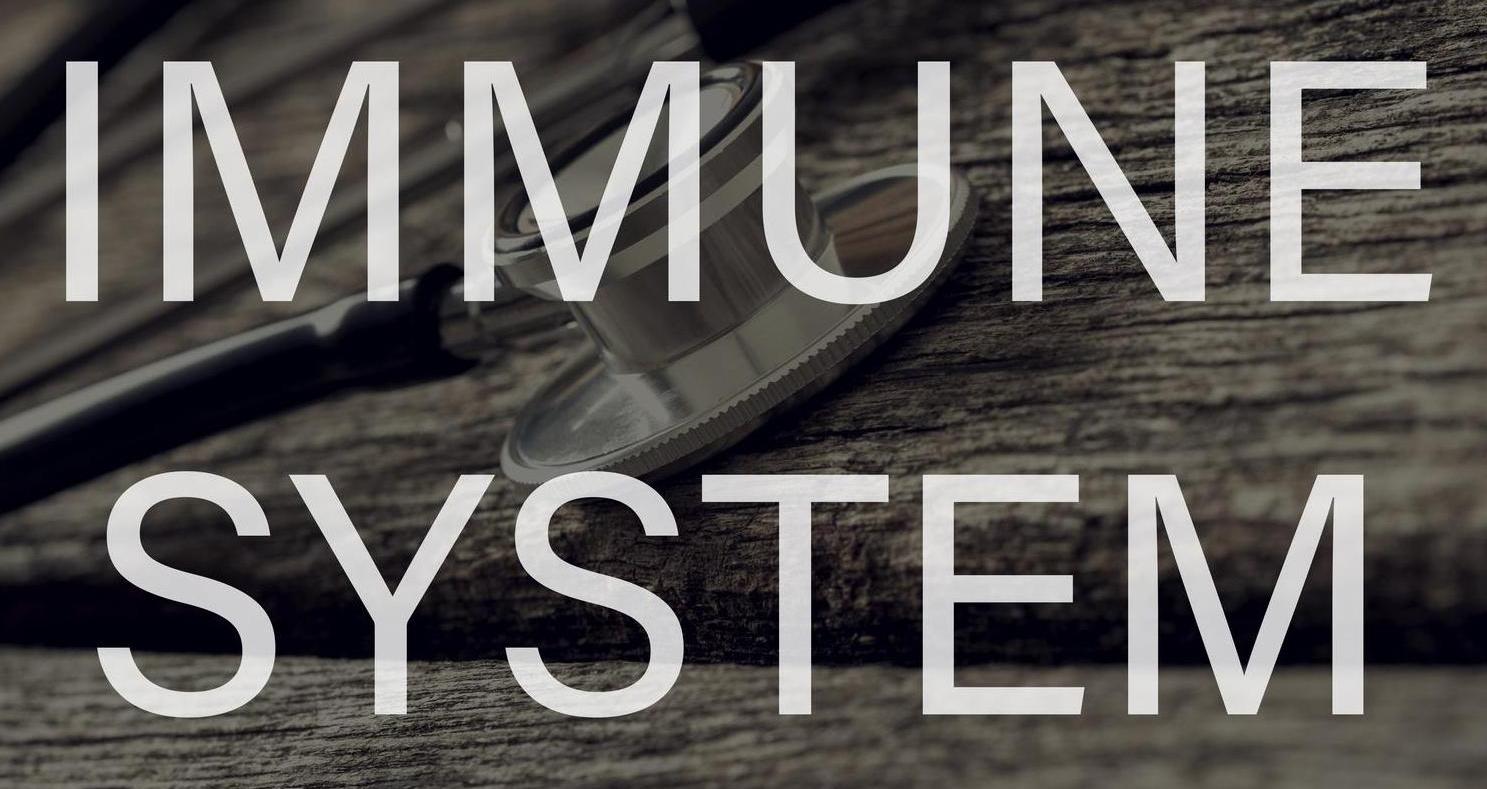Warning Signs Linked To A Vitamin E Deficiency
Impaired Immune System

Vitamin E helps protect the cells of the body, and it plays a key role in combating infection. Patients with a deficiency in this vitamin could experience an impaired immune system, and they may be more vulnerable to viruses and conditions such as cancer. Individuals with impaired immune systems are unable to fight oxidative stress from environmental factors like pollution, smoking, alcohol, and ultraviolet radiation, and they tend to get colds and respiratory infections more often than those with healthy immune systems. Since frequent infections can be a sign of an underlying medical condition, individuals who notice frequent or persistent symptoms of an infection such as coughing, fever, and runny nose should see their physician for an evaluation. Doctors can perform blood tests to evaluate the health of the immune system and to check for vitamin levels. If a vitamin E deficiency is found to be the cause of the patient's immune system difficulties, high-dose vitamin E supplements may be prescribed.
Continue to uncover more symptoms of a vitamin E deficiency now.